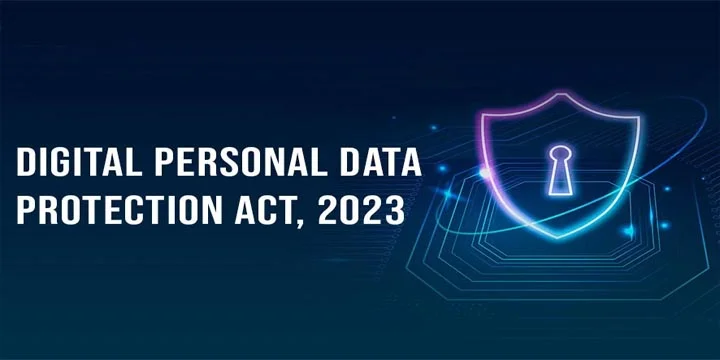- Courses
- GS Full Course 1 Year
- GS Full Course 2 Year
- GS Full Course 3 Year
- GS Full Course Till Selection
- MEP (Mains Enrichment Programme) Data, Facts
- Essay Target – 150+ Marks
- Online Program
- GS Recorded Course
- NCERT- First Ladder
- Polity
- Geography
- Economy
- Ancient, Medieval and Art & Culture AMAC
- Modern India, Post Independence & World History
- Environment
- Governance
- Science & Technology
- International Relations and Internal Security
- Disaster Management
- Ethics
- Current Affairs
- Indian Society and Social Issue
- CSAT
- 5 LAYERED ARJUNA Mentorship
- Public Administration Optional
- ABOUT US
- OUR TOPPERS
- TEST SERIES
- FREE STUDY MATERIAL
- VIDEOS
- CONTACT US
Concerns Over the Digital Personal Data Protection (DPDP) Act, 2023: Impact on the RTI Framework
Concerns Over the Digital Personal Data Protection (DPDP) Act, 2023: Impact on the RTI Framework
15-04-2025

Over 120 Members of Parliament (MPs) have raised concerns about Section 44(3) of the Digital Personal Data Protection (DPDP) Act, 2023. They argue that this section weakens the Right to Information (RTI) Act, 2005, and have called for its repeal.
Key Provisions of Section 44(3) of the DPDP Act
- Section 44(3) of the DPDP Act, 2023 amends Section 8(1)(j) of the RTI Act, 2005.
- It prohibits the disclosure of personal information unless it is explicitly in the public interest.
- Section 8(1)(j) of the RTI Act previously allowed the exemption of personal information from disclosure, but only when the information was not considered to be in the public interest.
Concerns Raised by MPs
1. Public Accountability
- The blanket exemption and vague definition of "personal information" in the DPDP Act provide significant discretion to public authorities.
- This impacts citizens’ ability to scrutinize public officials, demand clarity on government policies, and hold institutions accountable.
2. Constitutional Balance Between Privacy and Transparency
- Privacy and transparency are both fundamental rights, but they need to be balanced carefully.
-
Key references:
- Justice A.P. Shah Committee (2012): Warned that data protection should not override access rights under the RTI Act.
- K.S. Puttaswamy vs. Union of India (2017): The Supreme Court ruled that privacy and transparency should be balanced proportionally, ensuring any restrictions are justified and necessary.
- Girish Ramchandra Deshpande vs. Central Information Commissioner & Ors.: The Supreme Court emphasized privacy but stated that public interest could justify the disclosure of certain information.
Recommendations for Reconciliation
1. Justice BN Srikrishna Committee (2018)
- Recommended narrowly tailored exemptions for non-disclosure, allowing it only in cases of grave harm, such as:
- Identity theft
- Discrimination
2. Suo-motu Disclosure
- The promotion of public entities to disclose information that is of public interest as per Section 4 of the RTI Act.
- This would enhance transparency and reduce the negative impact of excessive secrecy.
|
Also Read |
|
| FREE NIOS Books | |




